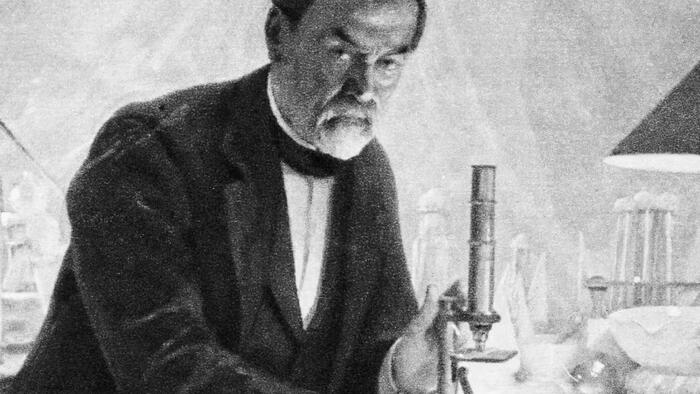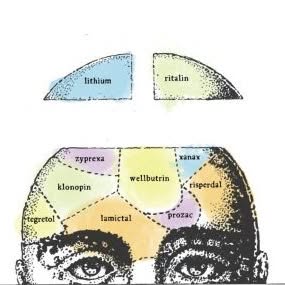
Mad in America Foundation Inc
Rethinking Psychiatry Advocacy, Blogs, News, Podcasts https://t.co/ZYsL5pC6uG and Resources Science, Psychiatry, and Social Justice News, Blogs, and Advocacy http://madinamerica.com Mad in America’s mission is to serve as a catalyst for rethinking psychiatric care in the United States (and abroad). We believe that the current drug-based paradigm of care has failed our society, and that scientific research, as well as the lived experience of those who have been diagnosed with a psychiatric disorder, calls for profound change. Our non-profit organization promotes such change in two ways: (1) We publish a webzine, madinamerica.com, that provides news of psychiatric research, original journalism articles, and a forum for an international group of writers to explore issues related to this goal of “remaking psychiatry." (2) We run an online continuing education program that explores alternatives to the current paradigm of care.

Founded
2015
38000
X (Twitter)
34022
Traffic
76298
Home Mad in America No Machine Learning Cannot Predict Schizophrenia MIA Today No Machine Learning Cannot Predict Schizophrenia Exploding Myths About Schizophrenia An Interview with Courtenay Harding Is Global Mental Health Missing the Point. Ethiopian Voices Challenge Western Models RESEARCH NEWS No Machine Learning Cannot Predict Schizophrenia Is Global Mental Health Missing the Point. Ethiopian Voices Challenge Western. Why Some Men Feel Trapped by MasculinityAnd What It Means for.
From Social media
News about from their social media (Facebook and X).
Data about organisation
Other Mental Health, Crisis Intervention N.E.C. Category
Organisations with similar rank to Mad in America Foundation Inc in category Other Mental Health, Crisis Intervention N.E.C.
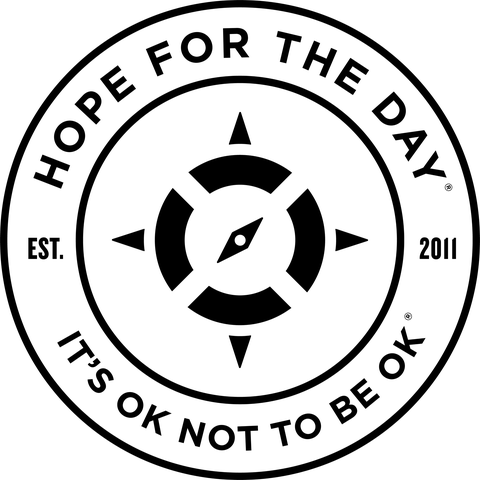
Hope For The Day is a non-profit movement empowering the conversation on proactive suicide prevention.

10. Mad in America Foundation Inc
Science, Psychiatry, and Social Justice News, Blogs, and Advocacy http://madinamerica.

Calmer Choice offers evidence based mindfulness education to children and those who support them.

C4H provides service/companion dogs, free of charge to our veteran & first responder community.
Alliance/Advocacy Organizations Category
Organisations with similar rank to Mad in America Foundation Inc in category Alliance/Advocacy Organizations

32. ATTACHMENT & TRAUMA NETWORK INC
At the Attachment & Trauma Network, it is our mission to: Promote healing of children impacted by trauma through supporting their families, schools and communities.

34. Mad in America Foundation Inc
Science, Psychiatry, and Social Justice News, Blogs, and Advocacy http://madinamerica.

The Alliance for American Manufacturing is a unique nonprofit forged to strengthen U.

http://www.
Brain Disorders Category
Organisations with similar rank to Mad in America Foundation Inc in category Brain Disorders

1. MICHAEL J FOX FOUNDATION FOR PARKINSONS RESEARCH
The Michael J.

2. Narsad Research Institute, Inc.
Since 1987 we have awarded $462+ million to scientists worldwide seeking cures for mental illness.

3. Mad in America Foundation Inc
Science, Psychiatry, and Social Justice News, Blogs, and Advocacy http://madinamerica.
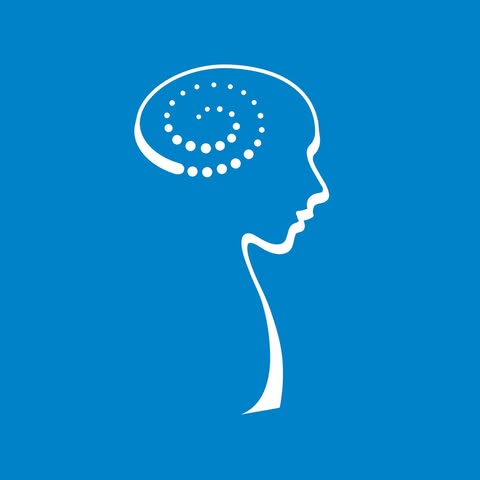
4. Alzheimer's Research Foundation, Fisher Center
The Fisher Center for Alzheimer’s Research Foundation is an organization that provides millions of dollars for novel Alzheimer’s research all over the world to investigate the latest, most promising research available.

At One Mind, our mission is to advance mental health by harnessing the power of science and the wisdom of lived experience to drive bold research, accelerate innovation, and transform societal attitudes and workplace practices.
Cambridge
Organisations from Mad in America Foundation Inc

23. ASIAN UNIVERSITY FOR WOMEN (AUW)
Asian University for Women: Providing High Quality, US-Style Liberal Arts and Sciences Education since 2008.

A political and literary forum, independent and nonprofit since 1975.

25. Mad in America Foundation Inc
Science, Psychiatry, and Social Justice News, Blogs, and Advocacy http://madinamerica.
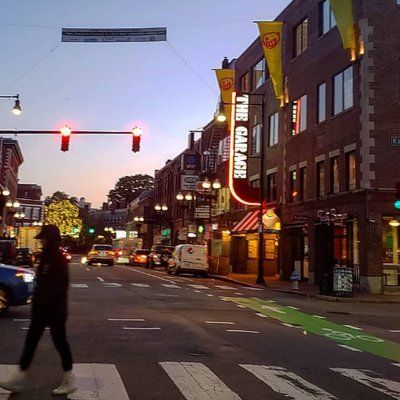
26. Harvard Square Business Association Inc
Welcome to Harvard Square: a world-renowned shopping, dining, cultural and historic destination.

The end-to-end platform for agencies and enterprises.
Similar organisations
Similar organisations to Mad in America Foundation Inc based on mission, location, activites.

We are where creativity and causes converge.

Narsad Research Institute, Inc.
Since 1987 we have awarded $462+ million to scientists worldwide seeking cures for mental illness.
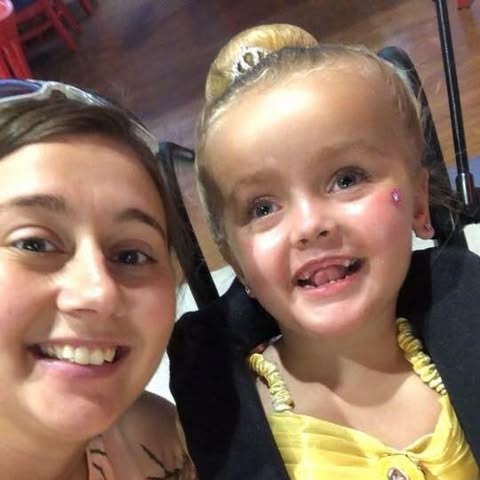
Canavan Research Foundation, Inc.
The Canavan Research Foundation is dedicated to eradicating genetic brain diseases, including Canavan, Alzheimer's, Parkinson's, and MS.

We believe reproductive health is the foundation for a just and equitable world.
Similar Organisations Worldwide
Organisations in the world similar to Mad in America Foundation Inc.

Funding medical research to improve treatments and find cures for mental illness.

Charity based in England leading the way to a better life for people living with mental illness.

We are Spark.

World Transformation Movement (au)
WORLD TRANSFORMATION MOVEMENT: a global charity promoting acclaimed Australian biologist JEREMY GRIFFITH’s breakthrough resolution of the HUMAN CONDITION.
Interesting nearby
Interesting organisations close by to residence of Mad in America Foundation Inc

A political and literary forum, independent and nonprofit since 1975.
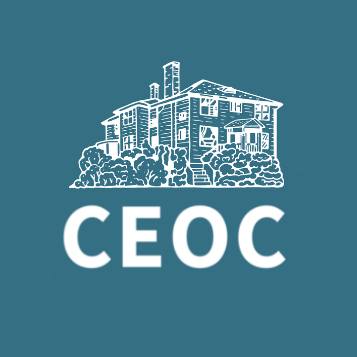
CAMBRIDGE ECONOMIC OPPORTUNITY COMMITTEE INC
We work to fight poverty’s causes and impacts through education and organizing.

Christ the King Presbyterian Church
Serving God in worship, serving one another in love, and serving our city by bearing witness to the good news about Jesus Christ in word and deed.

Cambridge Camping Association, Inc.
From 130 years of experience, we know the super power of camp is relationships.
Similar social media (72022)
Organisations with similar social media impact to Mad in America Foundation Inc

IDEA is a goal-oriented and data-driven family of public charter schools, open to all in grades K–12.

24900. Mad in America Foundation Inc
Science, Psychiatry, and Social Justice News, Blogs, and Advocacy http://madinamerica.

24901. For the Love of a Boxer Rescue & Sanctuary
For the Love of a Boxer Rescue & Sanctuary, Wallace, Michigan - was founded in 2013 as Ruff Start Boxer Rescue.

24902. Chase Educational Consulting NFP
The Hovercraft Project, Inc.
Similar traffic
Organisations with similar web traffic to Mad in America Foundation Inc

95768. COLLEGE OF AMERICAN PATHOLOGISTS
The leading voice for pathologists.

95769. Idaho County Sheriffs Posse Inc
High quality internet service provider.

95770. Mad in America Foundation Inc
Science, Psychiatry, and Social Justice News, Blogs, and Advocacy http://madinamerica.

Welcome to the official Hampton University Facebook Page.

Drew is dedicated to exceptional faculty mentorship, a commitment to connecting the campus with the community and a focus on experiential learning.
Join us and make a difference for the future!
Sign Up
Please fill in your information. Everything is free, we might contact you with updates (but cancel any time!)
Sign in with GoogleOr
Good News
🌍 Exciting news from Uganda! Catholic Relief Services is looking for a Project Officer in Monitoring, Evaluation, Accountability, and Learning to join their team. This is a fantastic opportunity to contribute to meaningful change in communities! 💪🙌 #GoodNews #ProSocialImpact
Project Officer - Monitoring, Evaluation, Accountability, and Learning - Uganda
ReliefWeb
Like Comment"Excited to learn how germ theory transformed public health! 🌍💡 The Sanitary Revolution not only reduced epidemics but also dramatically increased life expectancy. It’s amazing to see how science can change lives for the better! #PublicHealth #PositiveChange #EduoOrg"
How Germ Theory Sparked The Sanitary Revolution... And Life Expectancy Skyrocketed
Zero Hedge
Like Comment🌍✨ Excited to see collaboration in action! The Durable Solutions Consortium, featuring @DRC_refugees, @SavetheChildren, and @MercyCorps, is making strides to build resilience and support solutions for displaced families in Central Darfur. Together, we can make a difference! #GoodNews #HumanitarianEfforts
Durable Solutions Consortium Manager
ReliefWeb
Like Comment








